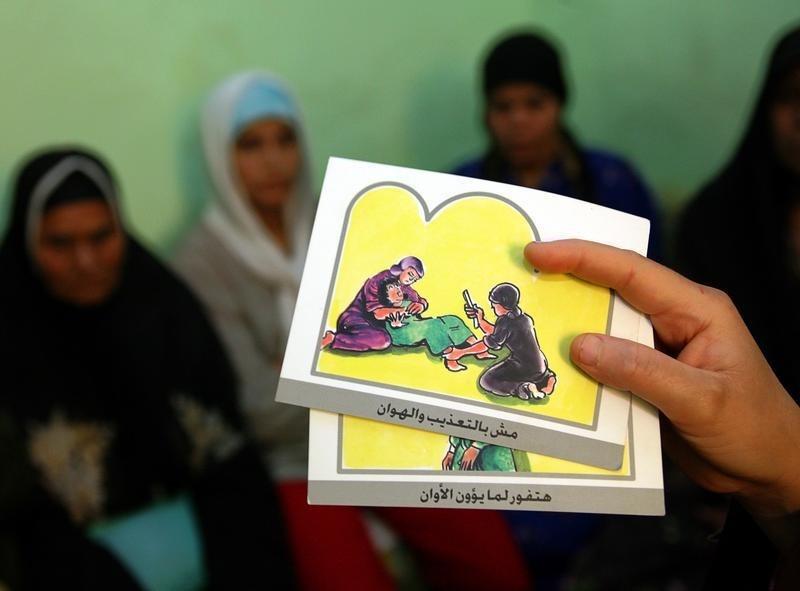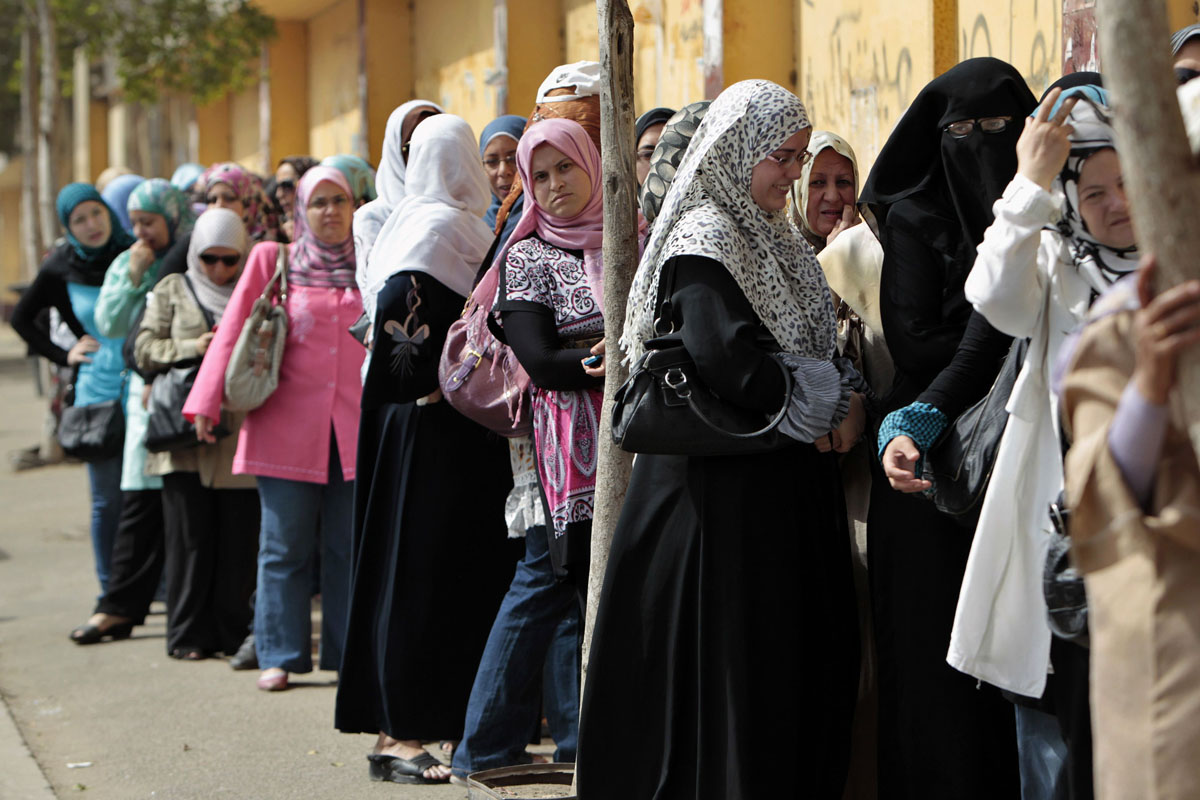
The National Population Council said this week that the prevalence of female genital mutilation (FGM) among teenage girls aged 15-17 dropped in Egypt from 74 percent to 61 percent from the years 2008-2014.
The health ministry, along with the National Population Council released the numbers in conjunction of the International Day of Zero Tolerance for Female Genital Mutilation. It explained that due to new policies, laws, and awareness campaigns, the country was able to cut the rate of the practice by 13 percent over a period of six years.
According to the United Nations, the global number of women and girls who have undergone FGM has reached 200 million. In 2014, according to the population health survey, FGM in Egypt stood at 92 percent among married girls between the ages of 15-49.
FGM is a form of violence against girls and women: According to the World Health Organization (WHO), FGM is defined as “any operation involving partial or total removal of female genitalia.”
Even though the practice has been criminalized in Egypt since 2008, an estimated 87 percent of the country’s girls and women 15 to 49 have undergone FGM. The practice is often conducted due to cultural beliefs that it “reduces” a woman’s sexual appetites.
In June 2017, a mother of a 17-year old girl was detained by authorities pending investigations into allegations that she subjected her daughter to female genital circumcision, resulting to her death.
A few month earlier, MP Elhamy Agina claimed that it is necessary for women to undergo FGM to help curb male “sexual weakness.”
Agina also claimed that FGM would help reduce women’s “sexual appetites.”




